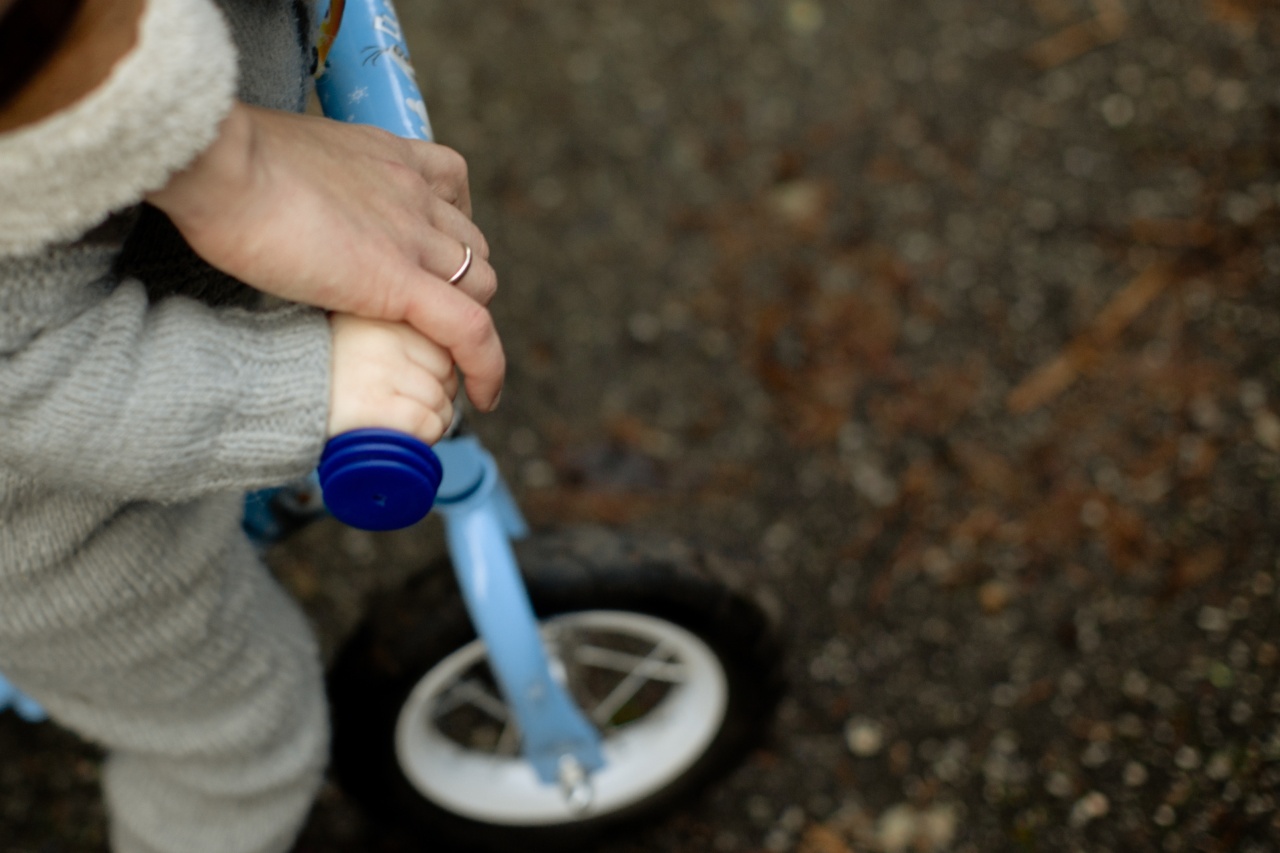Fatherhood is one of the most incredible experiences for any man, but it can also be a challenging path to navigate.
A father’s role in the upbringing of a child cannot be overstated as they play a significant part in nurturing their children and helping them grow into responsible adults. There’s power in a father’s love, and their nurturing ability can impact their children in various ways. In this article, we’ll explore ten ways a father’s nurturing helps children flourish.
1. Secure Attachment
Fathers who show consistent love and care to their children help create a secure attachment between them. It fosters a strong bond where children feel safe, valued, and loved, which positively affects their emotional and social development.
Children with secure attachments have better emotional regulation, higher self-esteem, and improved mental health.
2. Positive Role Models
Fathers act as role models for their children, and as such, they have a significant impact on their children’s behaviour. Children often emulate the behaviours they see modelled by their fathers.
Fathers who are respectful, empathetic, and patient teach their children these same qualities, helping them develop into well-rounded adults.
3. Social Development
Fathers who spend time with their children help them develop their social skills, which is crucial for their future success.
Children who spend quality time with their fathers learn essential social cues and skills that help them navigate social situations, build friendships and communicate more effectively.
4. Academic Achievement
Fathers who are involved in their children’s education help them achieve academic success. A study by the National Center for Fathering found that students with involved fathers are 43% more likely to earn A’s in school.
Fathers who help with homework, attend parent-teacher meetings, and show an interest in their child’s education, encourage their children to take education seriously.
5. Emotional Support
Fathers who provide emotional support create a safe environment for their children to express themselves.
Supporting their children during challenging times helps them develop a healthy emotional regulation mechanism that will benefit them throughout life. Children who receive emotional support from their fathers typically exhibit higher self-confidence, improved mental health, and interpersonal skills.
6. Physical Activity
Fathers who engage in physical activities with their children, such as sports or hiking, help promote physical development and overall well-being.
Children who spend time outdoors with their fathers achieve physical milestones faster, are less prone to obesity, and have a strong immune system.
7. Self-Reliance
Fathers who encourage their children to take responsibility for their actions and develop self-reliance prepare them for adulthood.
Children who are independent thinkers, who can make responsible decisions, and set attainable goals are more likely to succeed and be independent later in life.
8. Empathy And Kindness
Fathers who show empathy and kindness towards their children and others, in general, help them develop these qualities.
Empathy is an essential skill that helps children navigate social situations, build healthy relationships, and understand other people’s perspectives. Kindness fosters self-awareness, creating a deeper understanding of oneself and those around them.
9. Communication Skills
Fathers who communicate effectively with their children help them develop strong communication skills. Encouraging open communication at a young age helps children feel comfortable expressing themselves, making them less prone to anxiety and depression.
Children who know they can communicate effectively with their fathers usually share more information, helping their fathers understand their needs and concerns better.
10. Emotional Regulation
Fathers who model healthy emotional regulation mechanisms help their children develop these same tools.
Children who can recognise, accept and cope with a wide range of emotions build stronger relationships, have a better understanding of themselves and others and are less prone to mental health issues. Fathers who control their emotions in stressful situations teach their children how to handle difficult situations with grace and poise.
Conclusion
Research shows that fathers play a critical role in their children’s lives, nurturing them in many ways that positively impact their emotional, social, and academic development.
Fathers who express love and care, spend quality time with their children, and model healthy behaviours help shape their children’s futures. Fathers who take their roles seriously create a nurturing environment that helps their children grow into confident, responsible and successful adults.































